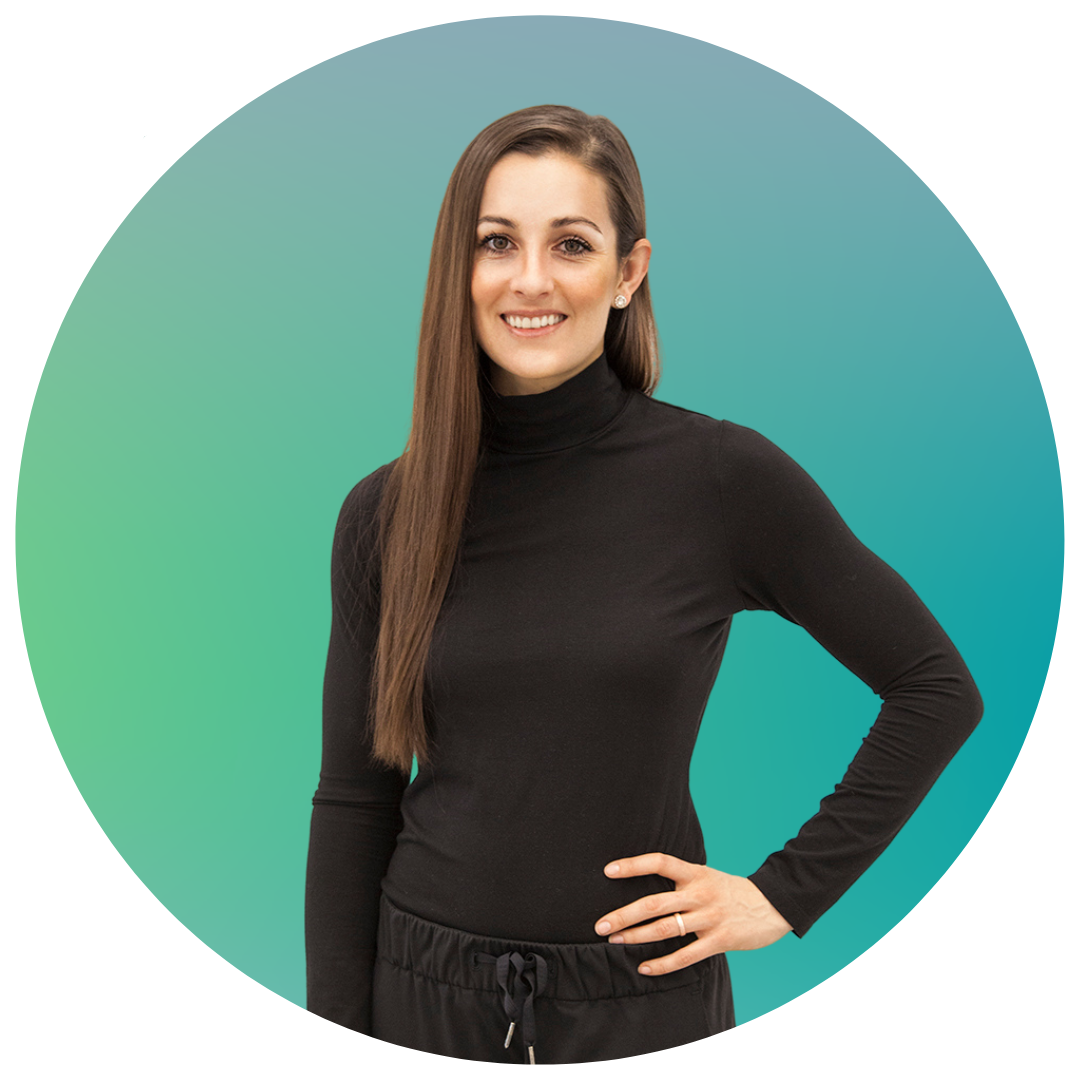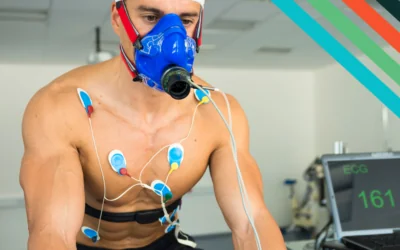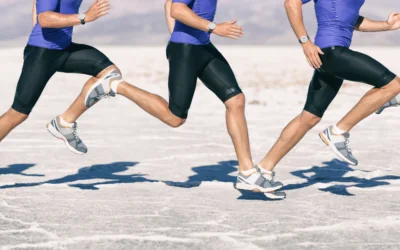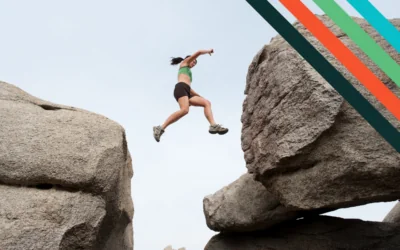Introduction
The world of fitness, rehabilitation, and performance training is vast, with many professionals offering their expertise to help individuals achieve their goals. From kinesiologists and athletic therapists to personal trainers and strength and conditioning coaches, each professional brings a unique skill set to the table. But with so many titles and certifications, it can be challenging to understand who does what and how they can help. Whether you’re recovering from an injury, training for a competition, or simply trying to get healthier, knowing the differences between these roles is essential. In this blog, we’ll break down the various types of trainers and coaches, outlining their certification pathways, scope of practice, work settings, and professional regulations to help you make an informed choice for your needs.
After reading, if you still need help, you can contact us or get some free advice.
Kinesiologist
A Kinesiologist (e.g., Alberta Kinesiology Association or AKA) is a professional who requires a degree in kinesiology or a related field. They are mandated to complete a police background check annually (in Alberta) and are qualified to work with individuals managing chronic diseases. Kinesiologists are commonly found in physiotherapy or rehabilitation clinics, where they apply their expertise in human movement and biomechanics to improve physical function and overall health.
Certification Pathways:
- Requires a bachelor’s degree in kinesiology or a related field.
- Some provinces, like Ontario, require registration with a regulatory college (e.g., College of Kinesiologists of Ontario).
- Police background check required yearly for some roles.
Scope of Practice:
- Focuses on human movement, biomechanics, and ergonomics.
- Works with individuals to improve physical function, manage chronic disease, or prevent injuries.
Work Settings:
- Physiotherapy or rehab clinics.
- Corporate wellness programs.
- Fitness facilities.
- Research institutions.
Professional Regulation:
- Regulated in some provinces in Canada (e.g., Ontario).
- Adherence to professional standards and ethics is required.
Strength and Conditioning Coach
A Strength and Conditioning Coach (e.g., NSCA-CSCS or the new Canadian CSCA certification) is a professional who typically works with sports teams at the developmental or university level, though they may also provide one-on-one or personalized training for individual clients.
Certification Pathways:
- NSCA-CSCS (Certified Strength and Conditioning Specialist) or Canadian CSCA certifications.
- Requires a bachelor’s degree for certification and passing an exam.
Scope of Practice:
- Develops strength, conditioning, and performance programs for athletes.
- Focuses on injury prevention, improved athletic performance, and recovery.
Work Settings:
- Sports teams (developmental, university, or professional levels).
- Performance training facilities.
- Individual coaching in private or personalized settings.
Professional Regulation:
- Governed by certifying bodies like NSCA or CSCA.
- Requires continuing education credits to maintain certification.
Weightlifting Coach
A Weightlifting Coach (certified through the NCCP) does not require a degree and typically completes a 1-2 day in-person coaching seminar along with some online modules. Until they have taken an athlete to a weightlifting competition, they must identify themselves as an “NCCP Weightlifting Coach In Training.” Many professionals from the other categories mentioned in this post often obtain a weightlifting coaching certification to enhance their ability to coach Olympic weightlifting techniques when appropriate.
Certification Pathways:
- NCCP Weightlifting Coach certification.
- Requires completing a 1-2 day coaching seminar and online modules.
- Coaches must reach “Certified” status by taking athletes to competition.
Scope of Practice:
- Specializes in teaching and coaching Olympic weightlifting techniques.
- Integrates weightlifting methods into broader strength and conditioning programs.
Work Settings:
- Private gyms or performance facilities.
- National and regional weightlifting competitions.
- Sports teams for strength development.
Professional Regulation:
- Overseen by the NCCP, but no degree requirement.
Exercise Physiologist
An Exercise Physiologist (e.g., CSEP-CEP certification) is a professional who requires a degree in exercise science or a related field, along with the successful completion of written and practical exams. They are qualified to work with both healthy individuals and those managing one or more chronic diseases. Exercise physiologists are trained to conduct maximal exercise tests and often specialize in working with athletes or in clinical settings, tailoring exercise programs to optimize health and performance.
Certification Pathways:
- CSEP-CEP (Certified Exercise Physiologist) requires a degree in exercise science or related field.
- Must pass written and practical exams
- CSEP-CEP has a “High Performance Specialist” sub-specialization and a “Clinical Exercise Physiologist” sub-specialization with more training required
Scope of Practice:
- Is qualified to work with healthy individuals and those with multiple chronic diseases or medical conditions.
- Conducts maximal exercise testing and creates tailored exercise programs.
- Can conduct ECG exercise testing, understands medication interactions with exercise, and can have further training related to high performance sport training
Work Settings:
- Clinical settings (e.g., hospitals, cardiac rehab centers).
- High performance facilities and universities.
- Research institutions.
- Sports performance labs.
Professional Regulation:
- Regulated by CSEP; requires adherence to professional standards and continuing education.
Personal Trainer
A Personal Trainer (e.g., CSEP-CPT certification) can complete their training within two years and does not require a degree. They are qualified to work with healthy individuals only and are not certified to conduct maximal cardiovascular exercise tests. However, they can perform certain types of maximal testing, such as one-repetition maximum (1RM) strength assessments.
Certification Pathways:
- CSEP-CPT (Certified Personal Trainer) certification requires 2 years of post-secondary education in a relevant field.
- Passing a practical and written exam is necessary.
Scope of Practice:
- Designs fitness programs for healthy individuals.
- Limited to submaximal testing (e.g., no maximal VO2 testing).
Work Settings:
- Commercial gyms.
- Private studios.
- Corporate wellness programs.
Professional Regulation:
- Governed by certifying bodies like CSEP; no degree requirement but education is needed.
Trainer
A Trainer (e.g., certified through CanFit Pro) can complete their training in less than two months. They are qualified to work with healthy individuals but are not trained to perform exercise testing of any kind.
Certification Pathways:
- Short certification programs (less than 2 months).
- No degree or formal education required.
Scope of Practice:
- Provides basic fitness training for healthy individuals.
- Not qualified for maximal testing or working with complex health conditions.
Work Settings:
- Gyms or fitness centers.
- Group fitness classes.
Professional Regulation:
- Minimal regulation; varies depending on the certifying organization.
Performance Coach
There is no official certification for a Performance Coach, though many trainers and coaches adopt this title. For instance, GoodLife Fitness classes often use “Performance Coach” to describe instructors who typically require minimal training. Similarly, athletic facilities may refer to coaches certified by other governing bodies as “Performance Coaches.” Since the qualifications can vary greatly, it is essential to verify an individual coach’s training and certifications to ensure they meet your specific needs.
Certification Pathways:
- No standardized certification exists.
- Title often used by coaches with varied backgrounds in fitness or sport.
Scope of Practice:
- Broad focus on enhancing “performance” (physical, mental, or tactical).
- Skills vary significantly depending on the coach’s background.
Work Settings:
- Fitness facilities like GoodLife in fitness class settings.
- Sports teams or individual coaching settings.
- Sometimes on the sport court.
Professional Regulation:
- None; verify credentials individually.
Sport Coach
A Sport Coach (e.g., certified through the NCCP) does not require a degree and is trained specifically in coaching a particular sport, focusing on the skills, tactics, and rules of the game rather than the accompanying dryland training. Certification often involves completing a 4-day coaching course tailored to the specific sport.
Certification Pathways:
- NCCP sport-specific certifications.
- No degree requirement; typically a 4-day course.
Scope of Practice:
- Teaches skills, tactics, and rules specific to a sport.
- Focuses on team and athlete development.
Work Settings:
- Youth sports organizations.
- High school, university, or professional sports teams.
Professional Regulation:
- Governed by sport-specific certifying bodies (e.g., NCCP).
Athletic Therapist
An Athletic Therapist (e.g., Certified Athletic Therapist through CATA) requires a degree and is highly trained in anatomy and the treatment of acute injuries. They are often found on the sidelines of sports games, providing immediate care for athletic injuries. In addition to acute injury management, they also help treat ongoing athletic injuries, though they are less specialized in exercise prescription compared to other professionals.
Certification Pathways:
- Degree in athletic therapy or related field.
- Certification through CATA (Canadian Athletic Therapists Association).
Scope of Practice:
- Manages acute athletic injuries on the field.
- Provides rehabilitation and exercise prescription for ongoing injuries.
Work Settings:
- Sidelines at sports games.
- Clinics or rehabilitation centers.
Professional Regulation:
- Regulated by CATA; adherence to professional standards is required.
Health/Wellness Coach
There are no nationally recognized qualifications or certifications for the title of Health or Wellness Coach, meaning the level of training can vary widely, from extensive education to little or no formal preparation. These coaches often focus on broader topics like lifestyle changes, habit formation, and general well-being, though their recommendations may not always be grounded in scientific evidence.
Certification Pathways:
- No nationally recognized certifications.
- Programs like the International Coach Federation (ICF) offer training.
Scope of Practice:
- Focuses on lifestyle changes, habit formation, and wellness coaching.
- May lack scientific or evidence-based methodologies.
Work Settings:
- Virtual or in-person coaching.
- Corporate wellness programs.
Professional Regulation:
- None; credentials vary widely, so due diligence is required.
Who We Hire at Vital
At Vital Strength and Physiology, we pride ourselves on working with highly qualified and experienced professionals who specialize in advanced rehabilitation, athletic performance, and individualized coaching. Our team includes kinesiologists, strength and conditioning coaches, and certified exercise physiologists and personal trainers with the education, certifications, and hands-on expertise to address complex rehabilitation cases and high-performance training needs. We focus on evidence-based methods and collaborative approaches to ensure our clients receive the highest level of care, whether they’re recovering from injury, aiming to return to sport, or striving for peak performance. If you’re in Calgary and looking for a trusted professional to guide your fitness or rehabilitation journey, reach out to us today—we’d love to help you achieve your goals.
Conclusion
Choosing the right professional for your fitness, rehabilitation, or performance needs can make all the difference in reaching your goals effectively and safely. Each category of trainer or coach brings a specific expertise, whether it’s the detailed movement analysis of a kinesiologist, the sport-specific guidance of a coach, or the holistic wellness support of a health coach. By understanding the certifications, scope of practice, and settings these professionals operate in, you’re better equipped to find the perfect match for your journey. Remember, the best choice depends on your unique goals, whether it’s recovering from injury, building strength, or enhancing athletic performance. Take the time to verify qualifications and ensure the professional you choose aligns with your needs and aspirations.

More About The Author
Carla Robbins, Owner of Vital Strength and Physiology Inc
Carla’s journey into the world of endurance training, strength and conditioning, and exercise physiology began with her Undergraduate Degree in Exercise Physiology at the University of Calgary and continued into her graduation with a Master’s in Exercise Physiology in 2016. Between working for the Canadian Sports Institute to the creation of her company Vital Strength and Physiology Inc, Carla is driven by a desire to find better ways to address complex cases in professional and everyday athletes and individuals.
References
Alberta Kinesiology Association. https://www.albertakinesiology.ca/en/
Job Bank Canada, https://www.jobbank.gc.ca/marketreport/requirements/25167/ca
Canadian Athletic Therapists Association (CATA). https://www.athletictherapy.org
National Strength and Conditioning Association (NSCA)https://www.nsca.com/certification
Canadian Society for Exercise Physiology (CSEP). https://csep.ca
National Coaching Certification Program (NCCP). https://coach.ca/national-coaching-certification-program
International Coach Federation (ICF). https://coachingfederation.org
Wikipedia: Canadian Athletic Therapists Association. https://en.wikipedia.org/wiki/Canadian_Athletic_Therapists_Association
University of Calgary Sport Medicine Centre. https://sport-med.ucalgary.ca/services/athletic-therapy
Motion Dynamics Corporation (MDC): https://mdccanada.ca/news/work-in-canada/do-i-need-a-criminal-record-check-to-work-in-canada
National Academy of Sports Medicine (NASM). https://www.nasm.org



